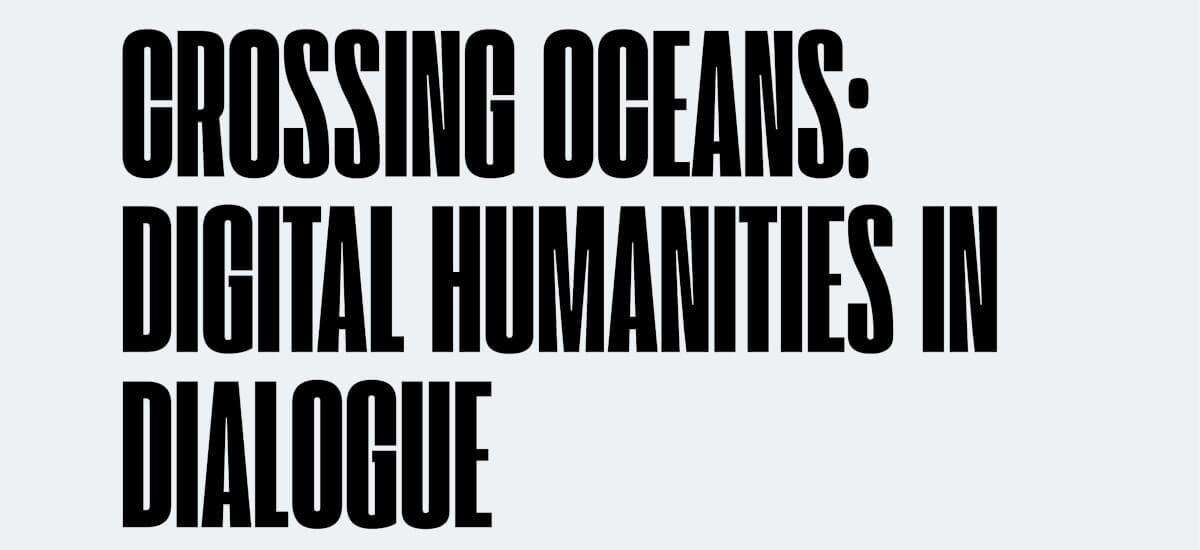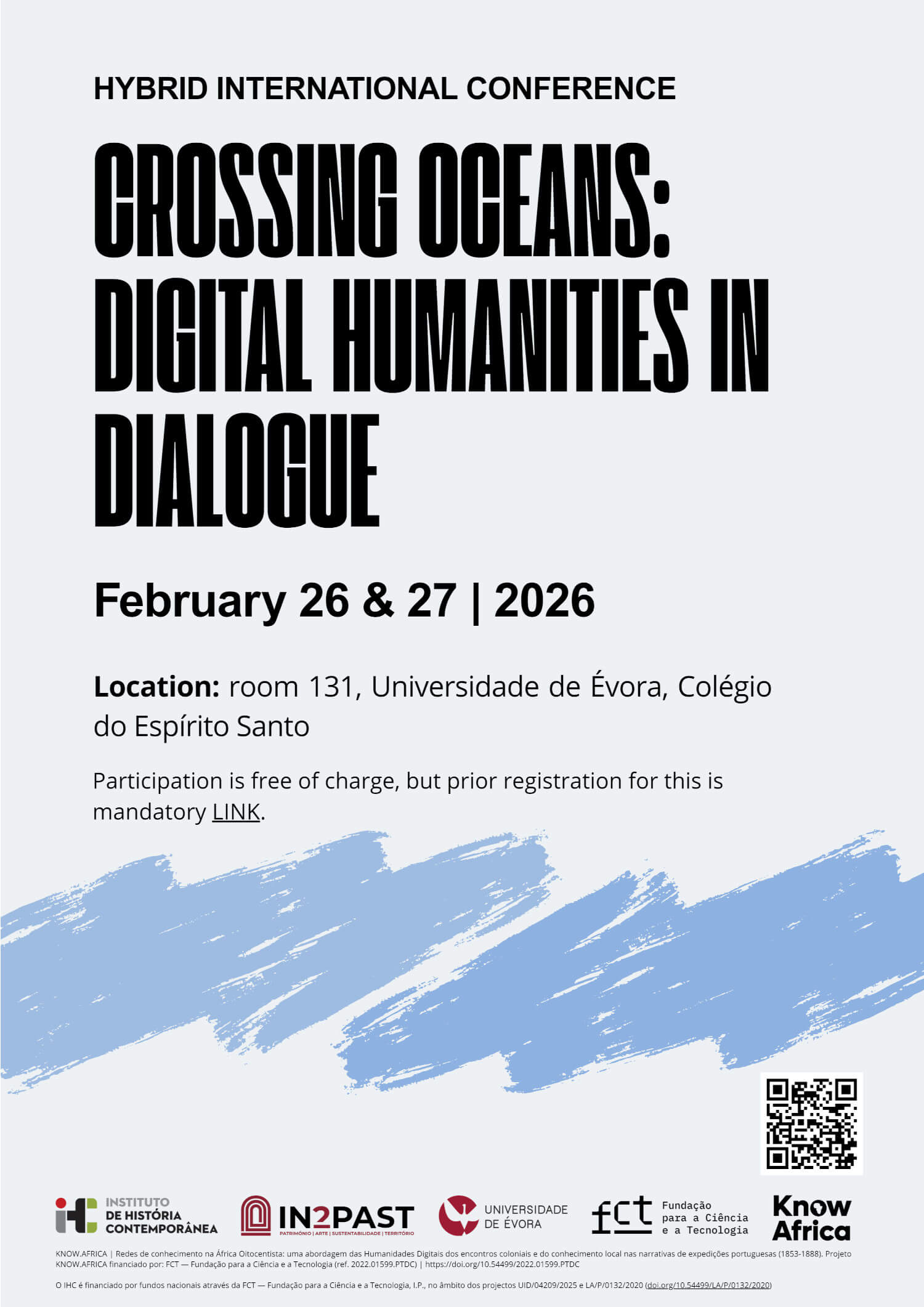
Personagens inventadas
Mar 5, 2018 | Papers, Publications

Personagens inventadas: jornalismo e ficção na I Grande Guerra mediática (1914-1918) [Invented characters: journalism and fiction in the First (mediatic) World War (1914-1918)]
- Luís Augusto Costa Dias
- 2018
- Mediapolis
- Issue 6
- 41-59
- Language: Portuguese
- DOI: 10.14195/2183-6019_6_3
- ISSN: 2183-6019
The article starts from the perspective, elsewhere studied, that the mass media in Portugal − which has its zero year in 1865, with the foundation of Diário de Notícias, and since 1881, with the appearance of the newspaper O Século, its unstoppable expansion − transformed the Great War of 1914-1918 into the first mediatic war. The apotheosis of the war did not lack the use of fiction, in the literary sense, what the young journalist Mário de Almeida then called a «literature of war» as a «vacant field» ready to «pass the plough above», and which I designate as war fictions. From this fictional representation came a textual corpus, published in the magazine Ilustração Portuguesa (belonging to the mediatic empire of O Século), in a set that did not complete four dozen texts in a chronological arc that extended, with decreasing regularity, from 1 February 1915 to August 28, 1916. Except for one or another author looking for a place in the literary field, the initiative came from a new and specific journalistic field in statement process, but still in half walls with the literary writings. These war fictions were intended to feed all the sensationalism of war, plus the emotion that the creation of characters could credibly lend to the climate of the conflict, that is to say a greater efficacy in staging the real, as was expected by the interlocutor in a story about a Christmas in war: “Give it some literature and there’s a subject for a Christmas tale …” Not so much for the interest of the fictional themes or narrative strategies, are the characters who, even if stereotyped and sometimes ill-defined, meet the emotions market created by the mediatic propaganda, with his example of personal determination, effort, sacrifice or moralizing glory.
Key-words:
I World War, O Século, Ilustração Portuguesa, journalism and literature, war fiction
Outras Publicações
Search
Events
february, 2026
Event Type :
All
All
Colloquium
Conference
Conference
Congress
Course
Cycle
Debate
Exhibition
Launch
Lecture
Meeting
Movie session
Open calls
Opening
Other
Presentation
Round table
Seminar
Showcase
Symposium
Tour
Workshop
- Event Name
mon
tue
wed
thu
fri
sat
sun
-
-
-
-
-
-
1
2
3
4
5
6
7
8
9
10
11
12
13
14
15
16
17
18
19
20
21
22
23
24
25
26
27
28

Event Details
This conference aims to open the space for dialogue on how Digital Humanities can boost plural approaches to history, memory, heritage, and creativity. Crossing Oceans: Digital Humanities in
more
Event Details
This conference aims to open the space for dialogue on how Digital Humanities can boost plural approaches to history, memory, heritage, and creativity.
Crossing Oceans: Digital Humanities in Dialogue
We are pleased to announce the international conference Crossing Oceans: Digital Humanities in Dialogue, bringing together researchers, practitioners, and digital humanists from all around the globe. This event seeks to create a space of truly transoceanic dialogue to discuss the present and future of Digital Humanities.
The conference invites participants to rethink methodologies for work in the Humanities at a time when digital transformations are reshaping how we investigate, interpret, and share knowledge. The digitization of archival materials, alongside the proliferation of born-digital records, has multiplied the sources available for historical, literary, and cultural analysis. Today, researchers have at their disposal a wide range of digital tools and software that allow them to organise, interpret, manipulate, share, and store data in increasingly diverse ways, opening new pathways for both collaborative and innovative research. At the same time, the emergence of artificial intelligence challenges us to critically assess both the possibilities and the risks of automated tools in the construction of knowledge.
Programme highlights
26 February
08:30 GMT – Registration and welcome coffee
08:45 GMT – Opening
09:00–10:30 GMT – Digital archives and collections
10:30–12:00 GMT – Digital heritage
13:00–15:00 GMT – Round-table
15:00–15:30 GMT – Coffee break
15:30–17:00 GMT – Digital approaches to colonialism
17:00–18:30 GMT – Databases and archives
27 February
08:30 GMT – Welcome coffee
09:00–10:30 GMT – Artificial Intelligence
10:30–12:00 GMT – Databases
113:00–15:00 GMT – Round-table
15:00–15:30 – Coffee break
15:30–17:00 GMT – Infrastructures and methods
17:00–18:30 GMT – Artificial Intelligence
Call for papers
By crossing oceans and perspectives, this conference aims to open the space for dialogue on how Digital Humanities can boost plural approaches to history, memory, heritage, and creativity, while also confronting questions of accessibility, ethics, and epistemic justice, as when we use these tools to give voice to new agents previously made invisible by traditional historiography, for instance.
On this conference, we welcome contributions on topics including but not limited to:
- Methodological innovations in Digital Humanities research.
- The impact of AI on the Humanities and critical approaches to its use.
- Digitization projects and the challenges of working with born-digital materials.
- Digital strategies for reaching non-academic audiences.
- Tools and projects that facilitate collaborative and transnational projects.
Submission period: 20 October – 5 December 2025 26 January 2026 [new deadline]
Participation: Free of charge, registration required
Language: English (presentations in other languages may be considered)
🔗 Registration and proposal submission
Organisation
Organising Committee
Anderson Antunes (University of Évora / IHC / IN2PAST)
Sara Albuquerque (University of Évora / IHC / IN2PAST)
Scientific Committee
Ana Margarida Dias da Silva (University of Coimbra / CHSC / DCV-UC)
Anderson Antunes (University of Évora / IHC / IN2PAST)
Daniel Alves (IHC — NOVA FCSH / IN2PAST)
Santiago Perez (CEComp — FLUL)
Sara Albuquerque (University of Évora / IHC / IN2PAST)
Silvia Valencich Frota (CEComp — FLUL)
Executive Committee
Anderson Antunes (University of Évora / IHC / IN2PAST)
Diana Barbosa (IHC — NOVA FCSH / IN2PAST)
Sara Albuquerque (University of Évora / IHC / IN2PAST)
Paula Gentil Santos (University of Évora)
This conference is inspired by the KNOW.AFRICA project (https://doi.org/10.54499/2022.01599.PTDC), which investigates nineteenth-century Portuguese scientific expeditions in Angola by highlighting the invisible contributions of local agents who made travelling and collecting possible. In this project, we analyse how cooks, guides, interpreters, porters, local rulers, and others, collaborated with the construction of knowledge and the formation of scientific collections. Through the use of Digital Humanities methods and tools – such as GIS mapping, network analysis and visualisation, databases, and interactive digital timelines – KNOW.AFRICA aims to explore how digital tools can assist in the construction and dissemination of historical knowledge. By combining archival research with digital tools, the project not only advances academic debates on colonial science but also develops outputs aimed at wider publics, including digital exhibitions, podcasts, and interactive maps and timelines. In this way, KNOW.AFRICA aims to use the Digital Humanities as a way to bridge research and dissemination, turning historical inquiry into a shared, multidisciplinary and collaborative process.
Time
26 (Thursday) 8:30 am - 27 (Friday) 6:30 pm
Organizer
Institute of Contemporary History - University of Évoracehfc@uevora.pt Largo dos Colegiais, 2 — 7000-812 Évora
News
VINCULUM — An end and a new beginning
Feb 24, 2026
FCSH hosted the closing session of the VINCULUM project
In March, Lisbon becomes the Capital of International Intrigue
Feb 21, 2026
Between 2 and 31 March, at the Portuguese Cinematheque
Anita Buhin is on a research mission in Italy
Feb 20, 2026
She is now a Visiting Researcher at CAST, University of Bologna
CONTACTS
WORKING HOURS

































































































































